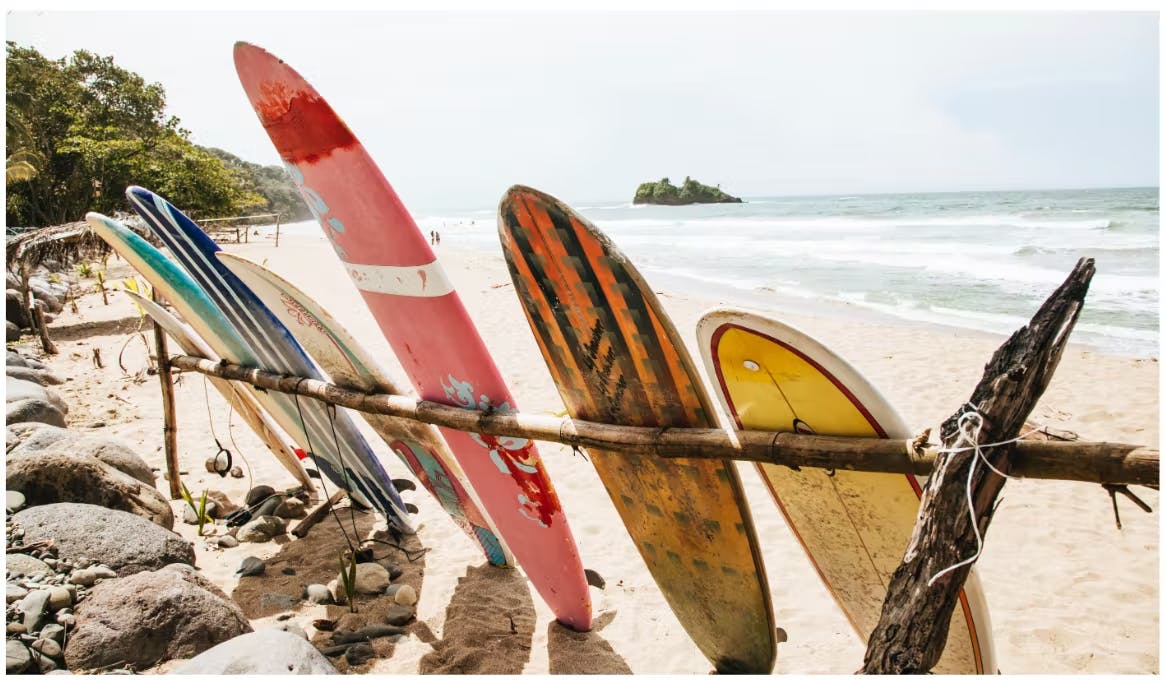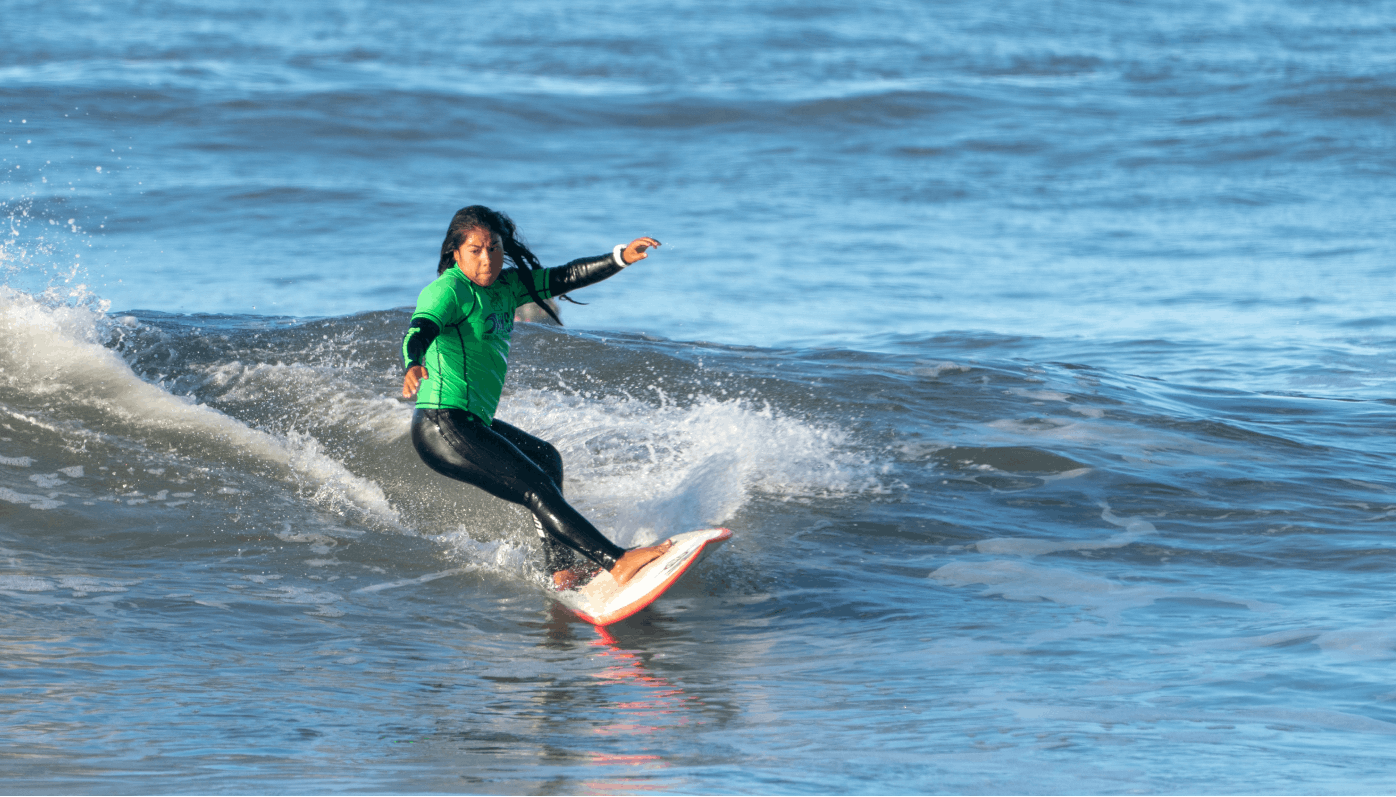“In it for life”, the slogan of New Zealand’s national lifeguard service Surf Life Saving, truly represents the commitment to lifeguarding in Kiwi culture, and the ubiquity of it across the nation.
The Surf Life Saving Organization
Founded in Australia in 1906, Surf LifeSaving made the short journey to New Zealand by 1910. The program was first established in Wellington, at Lyall Bay, and Christ church at New BrightonBeach on theSouth Island.The organization quickly spread across the country with new clubs opening every year. Today, a century after its establishment in NewZealand, Surf LifeSavings has 74 clubs, an overall membership of 18,723, and nearly 5,000 active lifeguards.In 2017 alone, Surf LifeSaving members logged 223,000 patrol hours and conducted nearly 1,800rescues and assists.

New Zealand’s Most Popular Beaches 2017-2017 Swim Season
The list of NewZealand’s most popular swimming sites represents the beaches that were most frequently clicked on from November 2016 t oApril 2017. Visit all NewZealand beaches here.
1. Lake Roto Kohatu, Canterbury Regional Council – Freshwater
This is a small lake just to the northwest of Christchurch city centre, and is part of theSawyersArmsReserve.There are boating facilities and a modest beach here; the neighbouring lumberyards give the area outside their serve an industrial feel. The lake itself started off as a gravel pit, and has since been modified for park and recreational purposes.
2. Orari Riverat Orari Gorge, Canter bury Regional Council – Freshwater
The Orari Gorge Track follows an old bush tramway from the carpark close to the campground through a scenic reserve before heading back to the carpark. The campground uses a self registration system to pay for overnight stays. Amenities include a picnic area, tap water and toilets. There are many hidden swimming holes along the river and it is also a great trout fishing spot.The Orari River Protection Group has hosted many events along the river. Check out their facebook page for more information.
How to Protect the Beach on Your Next Visit
The following tips will help you ensure that your beach day doesn’t result in significant and irreversible damage to your favourite swim spot.
1. Hang on to your garbage
The trash and other pollutants you leave on the beach grossly impact the environment by contaminating the water and endangering marine life. Forty percent of litter found on beaches comes from the public, and 60-80% of that waste is plastic.
2.Recognize when you are having a negative impact
Impact at the beach is inevitable. Whether you are participating in a recreational water activity, eating fish for dinner, or simply enjoying the waves lapping at your feet at the beach, you are having an impact. If you aren't paying attention, you're probably doing some harm.
DID YOU KNOW?
More than 60% of earth is covered by water over 1,600m deep, making the deep-sea the largest habitat on our planet. With only 0.0001% of the deep ocean that has been explored, scientists continue to study and find new species living in these depths.
In the spirit of Halloween, we shed some light on the significance of some of these fascinating deep-sea life that we seek to better understand and protect. While they may be named after some terrifying mythical creatures, you'll find that these marine creatures may not be so scary after all.
Surfrider Foundation is proud to have six affiliate BlueWaterTaskForce programs hosted on theSwimGuide:
- EasternLong Island, NewYork
- Miami,Florida
- Rincon, Puerto Rico
- Vancouver Island, BritishColumbia
- Europe
Be smart about your beach lifestyle
Don’t be a little litterer
Read the full 2018 Clean Water Report to learn what Surfrider Foundation volunteers and activists are doing in coastal communities around the country to protect public health and clean water at the beach. Anyone can join the effort to fight for clean water by asking Congress to support continued funding for beach water testing programs.
A day at the beach should never cause you or your family to get sick at the beach.So please, view theSwim GuideMap and find your local beaches so you know before you go whether or not it’s safe to swim.

